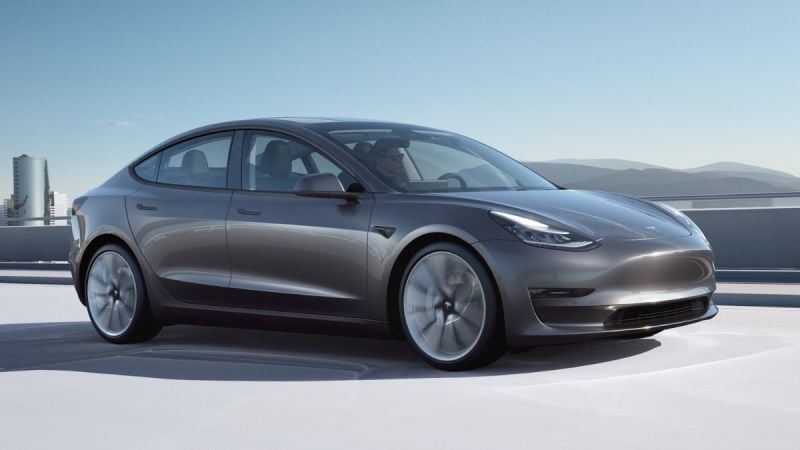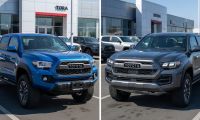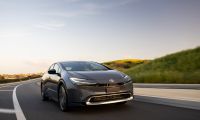It is no secret that China is getting enormous pieces of the electric car market pie. There are many OEM Chinese firms that have emerged in recent years and took their models to Europe, the US and other countries and regions around the world. According to a report published by Jato Dynamics, the units shipped from Chinese factories already represent 58% of the world market.
We are seeing right now how the most classic brands are evolving towards a new scenario dominated by electric motors and high capacity batteries. In that sense, new brands arrive in Europe and the US, presented as authentic real alternatives thanks to important technological advances in most segments, mainly “zero emissions” EV mechanics.
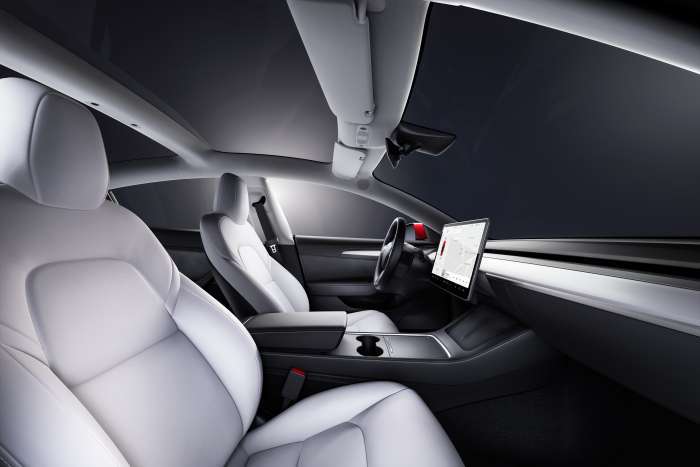
According to the report issued by the consulting firm Jato, Chinese brands accounted for 45% of world registrations of battery electric cars (BEV) in 2021, which represents almost half of the international market.
The market is currently still dominated by the classic combustion vehicles, powered by gasoline or diesel, but electric cars have been gaining ground over the last months and currently account for 5.8% of total sales, reaching last year (2021) almost 3 million units sold, which represents an increase of 149% compared to 2020.
Long time ago (about a decade) China made a clear commitment to establish itself as the world's number 1 in the production and sale of electric cars, either as an established manufacturer or as a supplier of parts and spare parts. Many of those OEMs are European brands that go to China so that they are the ones that supply the different devices for their electric models, whether they are batteries, suspension systems or electric engines. Companies such as CATL are today at the pinnacle of the battery market, comprising integral parts of many renowned brands such as Volkswagen and Tesla.
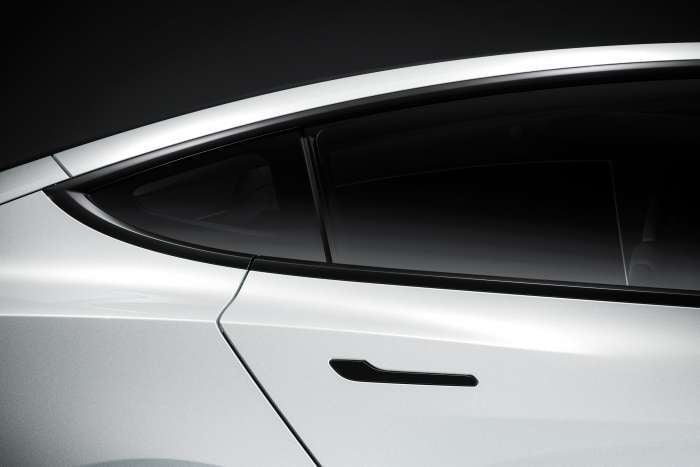
At this point we can not only talk about car brands building supply factories, as brands such as BMW, Tesla or Polestar already manufacture a large part of their fleet of electric vehicles in China for many diverse reasons, such as the low cost of labor, the good quality work and the facilities given by the country itself to external OEM manufacturers to decide where to build their different factories. Very important details that make it difficult to other countries in Europe or North America to compete against China on those fields.
According to the Jato Dynamics report mentioned above, "… China’s dominance does not solely relate to sales. The figures show that six in 10 BEVs sold globally through September were made in China. Despite controlling 45% of the global sales, they also account for 60% of the production, meaning that foreign car manufacturers are already producing BEVs in China. Tesla, Volvo, Polestar and BMW are among them. In fact, almost half of Tesla’s global sales in Jan-Sep 2021 were from cars made by its Gigafactory in Shanghai – to date, most of the Tesla Model Y registrations in Europe have come from that plant."
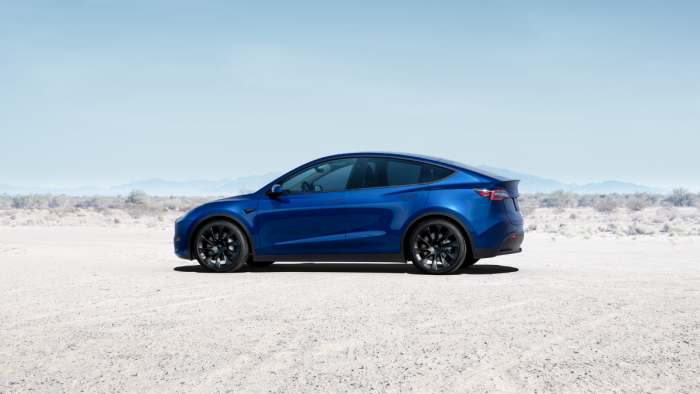
If we analyze specific figures on the production of electric cars by region, China accounts for 58% of the world total, while Europe and the United States make up 27% and 11%, respectively. As for China's dominance over the different drivetrain mechanics, its strength directly affects battery electric cars, since it accounts for 45% of the total compared to 26% and 13% of plug-in hybrids and combustion hybrids, respectively. As we can see, China has drawn all its artillery on productive capacity. They have found their niche in the market and are determined to make the most of it, while the United States and Europe have lagged a little bit further behind in this industry, which basically represents the future of global mobility.
All images courtesy of Tesla Inc.
Nico Caballero is the VP of Finance of Cogency Power, specializing in solar energy. He also holds a Diploma in Electric Cars from Delft University of Technology in the Netherlands, and enjoys doing research about Tesla and EV batteries. He can be reached at @NicoTorqueNews on Twitter. Nico covers Tesla and electric vehicle latest happenings at Torque News.
Set Torque News as Preferred Source on Google


